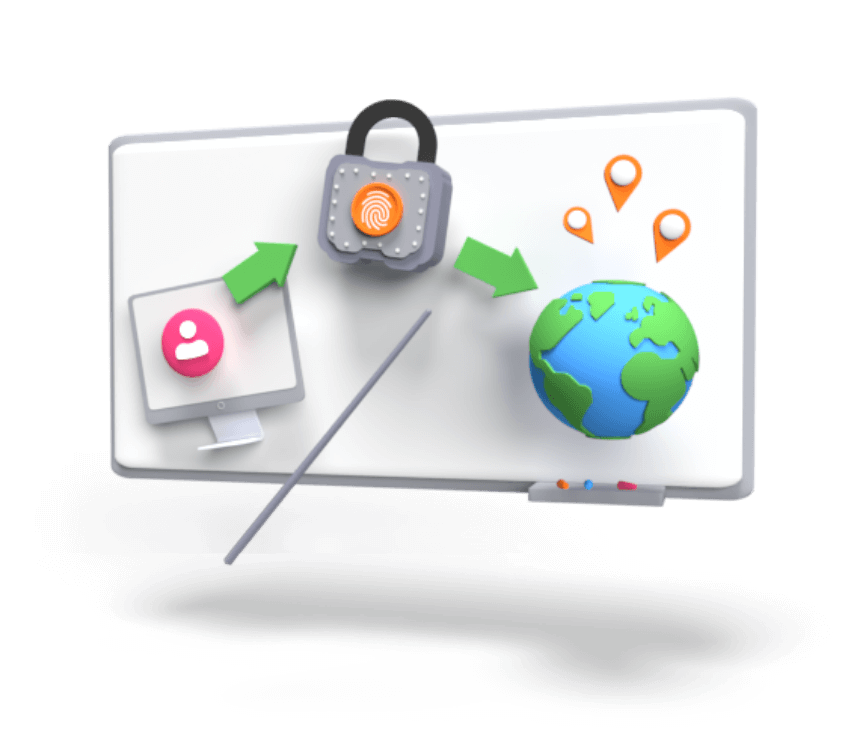VPN companies are fighting the Indian government over new rules that will change the way they do business in India. On April 28, officials declared that virtual private network companies will be required to collect large amounts of customer data and keep it for five years or longer – under the national government’s new directive. VPN companies have two months to comply with the rules and start collecting data.
The country’s Computer Emergency Response Team (CERT-In), argued that it would be able to investigate cybercrime. However, this does not apply to VPN providers, some of whom have said they can ignore the requirements. ExpressVPN Vice President Harold Li said that the latest Indian government move to require VPN companies to hand over information about users is a disturbing attempt to violate the digital rights of its citizens. He said that the company will not track user activity or information and that it will adjust its operations and infrastructure so that this principle is protected in case of need.
Other VPN providers are also considering their options. Gytis Malinauskas is the head of Surfshark’s legal department. He says the VPN provider currently does not meet India’s logging requirements because it uses RAM-only servers that automatically delete user data. “We are still analyzing the new regulation and its implications for us, but our overall goal is to continue to offer a log-free service to all our customers,” he says. ProtonVPN is similarly concerned, describing the move as an erosion of citizens’ rights. “ProtonVPN is monitoring the situation, but ultimately we remain committed to protecting our no-log policy as well as the privacy of our users,” says spokesperson Matt Fossen. “Our team is investigating the new policy and evaluating the best option,” says Laura Tyrylyte, head of public relations at Nord Security, which develops Nord VPN. “We may move our servers out of India if there are no other options.”
The violent response of VPN providers is an obvious signal of the seriousness of the situation. India quickly moved away from being a democratic, free, open democracy and launched against activists, journalists and non-governmental organizations. Many of these activists use VPNs to communicate. Human Rights Watch recently warned of threats to media freedom in India, with a variety of policy and law changes that could affect the rights of minorities in the country. India is now 150th out of 180 nations in the Reporters Without Borders Press Freedom Index. It has dropped eight places in the last year. Authorities are said to have targeted journalists, inciting nationalist divisions and harassing reporters critical of Indian Prime Minister Narendra Modi. The authorities may be able to find out who VPN-using journalists are communicating with in India by storing and collecting information.
Officials in India have indicated that the new rules for VPN providers are not part of a data-grabbing effort to restrict press freedoms instead, but an attempt to improve the way cybercrime is dealt with. India has been the victim of a number of major data breaches in recent years and was the third most affected country in the world in 2021. “Data breaches are so common in India that they no longer make headlines,” Mishi Choudhary ( a lawyer in the field of technology and founder of the Software Freedom Law Center), a provider of technology support services in India. The names, addresses and phone numbers of more than 1 million Domino’s Pizza customers were stolen in May 2021 and then posted online. In the same year, personal data of around 110 million MobiKwik users also became available online. As the major incidents increase, Indian officials are now pursuing VPNs to fight cybercrime.
Srinivas Kodali, a researcher who focuses on digitization in India for the Free Software Movement of India, says that CERT-In has a legal obligation to respond to cybersecurity incidents. However, he disagrees with its effectiveness in responding to cybersecurity incidents. The fact that this information is available should theoretically allow CERT-In to investigate any incidents more quickly after the fact. Many people do not believe that this is the whole story. Kodali says CERT-In has a messy past and has never ensured citizens’ privacy. “According to the rules, they will only require these logs if they really need them as part of an investigation. But in India, you don’t know when they might be used.”
Such concerns about overreach are not unfounded. According to data published in April 2022 by Access Now, an advocacy group that advocates for Internet freedoms, India was responsible for one hundred and ten of the 182 documented Internet shutdowns in 2021. It was the fourth year in a row that the ‘Land had the title. of the internet shutdown capital of the world. The Government of India also allegedly misled Parliament about its use of the Israeli spyware Pegasus which was used against 160 politicians, law enforcement activists, activists and other individuals in the country.
In general, VPNs are legal to use in many countries, but some countries put restrictions on VPN use in place citing “protection”. ISPs and government agencies have a difficult time tracking and monitoring the activities of VPN users, and therefore partial regulations or complete bans are often seen as a threat by countries.
Is incognito really private?
Private mode or Incognito will keep your local browsing private, but it won’t prevent your ISP, school, or employer from tracking the websites you’ve visited. In fact, your ISP has access to all of your browsing activity pretty much regardless of what you’re doing. However, you can use the Virtual Private Network (VPN) service.
Is Incognito really private? Incognito does not save your browsing history cookies, data from websites or information you enter in forms. This means that your activity will not be displayed in your Chrome browsing history. Users using your device cannot see it.
Can Wi-Fi owner see what sites I visited incognito?
No. When you use incognito mode your device and your browser do not track the websites you visit. However, the Wi-Fi router can still log this information and the network administrator can always retrieve this information later.
Can WiFi owner see what sites I visit on phone incognito?
Contrary to what many believe, incognito mode is not an option that can make you completely invisible. With the right tools, WiFi network owners can track which pages you visit even when you’re in incognito mode. Incognito mode saves only the browsing history, cookies, forms and site data.
Can I see what websites have been visited on my WiFi?
Modern web browsers keep track of the websites that are accessed and make them available through the “History menu. On Google Chrome, Mozilla Firefox and Apple Safari, “History” is one of the main menus that appear on the toolbar menu and you can click it to see sites visited by the browser.
Why you should not use incognito mode?
Incognito mode is unable to hide your online activities from network administrators, your Internet service provider, or anyone else who monitors your Internet connection. Incognito mode allows you to login to your online account and profile while in incognito. This allows you to be identified and your actions monitored.
Can you be tracked if you use incognito?
Web tracking can be carried out in incognito mode. Your employer or ISP, as well as your favorite websites as well as hackers or data brokers can track you.
Why is incognito not safe?
It does not protect you from malware or viruses. It doesn’t block your Internet Service Provider (ISP) from seeing what you’ve done online. It will not stop websites from seeing your physical location. It does not delete any bookmarks you have saved when you are in private browsing mode or incognito mode.
Can I be tracked on incognito mode?
Web tracking can be done in incognito mode. Your employer, ISP, and favorite websites as well as hackers or data brokers can all track you.
How can I see what has been viewed in Private Browsing iPhone?
Go to Settings on your iPhone Find Settings, then Safari and click it. Scroll down and select Advanced. After that, swipe left on the website data option. Now you can view your browsing history.
Can someone track my Private Browsing history?
Incognito mode does not block your browsing history from being seen by other users of your device. Incognito history and data are automatically deleted from your browser so you don’t have to manually delete your history in the browser. However, the incognito history information remains on your device.
What does a VPN not hide?
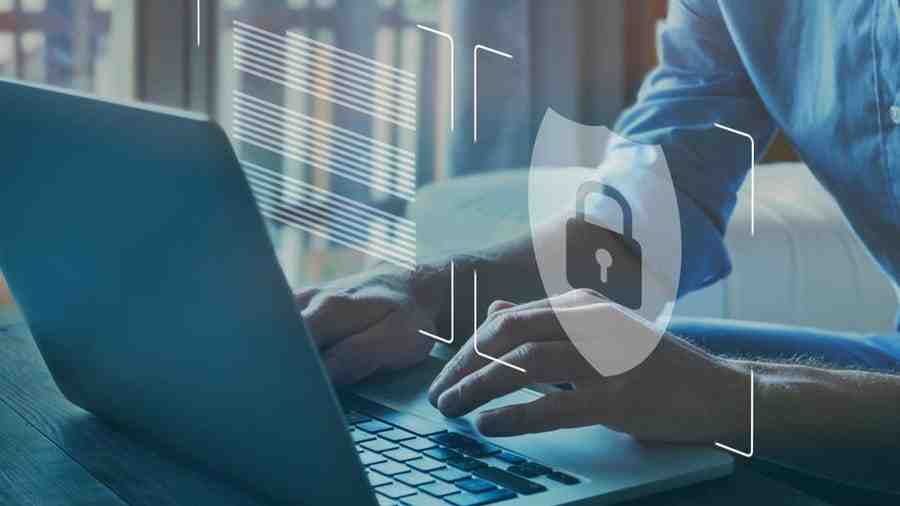
A VPN does not prevent you from being tracked via IP address. However, it blocks ad trackers and cookies. It also does not stop browser fingerprinting.
What is not hidden by a VPN? Your ISP will not have access to the sites you visit, so they will not be able to see what you are searching for on the Internet. Websites and advertisers cannot link your search results to your IP address. However, VPNs cannot hide your browsing history. VPN does not hide your search history or any cookies that may be placed on your device by websites.
Does a VPN hide everything?
VPNs can disguise your IP address and hide your online identity. It encrypts your location and the information you transmit and receive, thereby protecting your personally identifiable information (PII). This information may be in the form of banking information, such as social security and driver’s license numbers.
Can VPN owner see your history?
They cannot observe the content of your traffic or where it travels from and to. Your ISP will not be able to see the websites you visit while using a VPN, or any other activity you do online while using a VPN.
Does a VPN hide all devices?
A VPN hides your IP address Internal protocol (IP) addresses are digital labels that each device or network receives before it connects to the Internet.
Can the government track VPN?
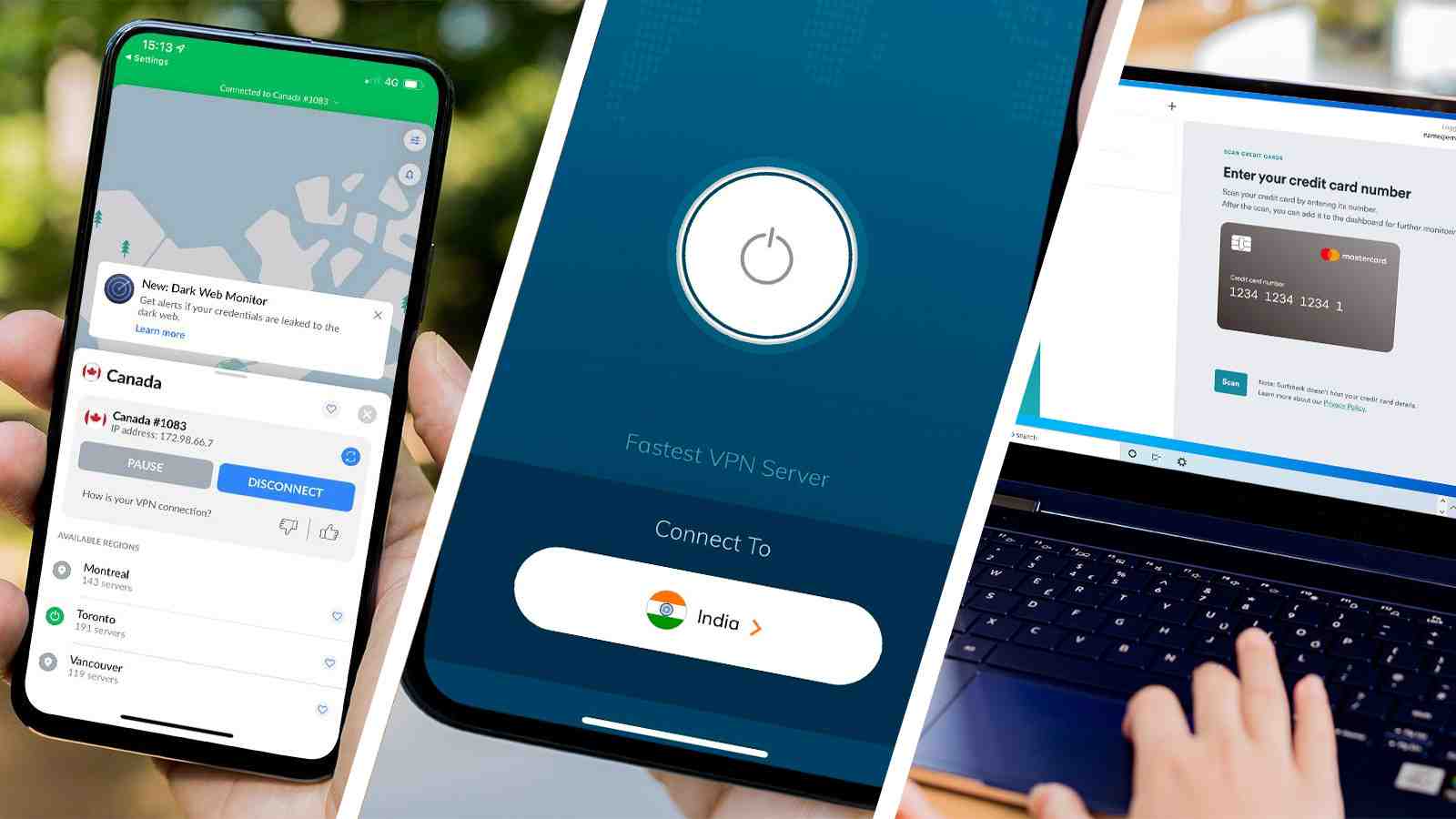
Internet Service Providers (ISPs), websites and even the government can determine whether you use VPNs. Governments, websites and even ISPs can detect when you use VPN. Although they may not be able to see what you are doing on the internet, they should have no problems with VPN detection.
Can you be tracked if you use a VPN? Yes, police can track VPN users by examining their IP addresses. However, they will only have access to the user’s VPN IP address. Whether or not they can find the person behind the VPN connection depends on the VPN provider.
Can the FBI get through a VPN?
Although using a VPN to block your ISP from monitoring your movements, your ISP may not be the FBI’s only point of contact in their investigation. They can also track and request logs from your VPN provider. Although many VPNs claim that they do not keep logs, many court cases have proven that this is not always the case.
Can feds trace VPN?
The police are unable to monitor live, encrypted VPN traffic, but if they have a court order, they can visit your ISP (Internet Service Provider) and request connection or usage logs. Your ISP can refer you to the police if they suspect you are using a VPN.
Can the government get past VPN?
It all depends on the VPN. It all depends on the VPN. Some VPN providers admit that they install backdoors for government agencies that allow them to monitor user activity.
Can VPN be detected by government?
The police cannot monitor live encrypted VPN traffic, but if they have a court order to go to your ISP (Internet Service Provider) and request connection or usage logs. Because your ISP knows you’re using a VPN, they can track you. VPN and can direct the police to them.
Can VPN users be traced?
Your web traffic and IP will no longer be tracked. However, you can still be tracked if you use an unreliable VPN.
Can VPN be tracked by government?
In most cases, the government will not be able to detect that you are using VPNs. VPN. They cannot find what you do on the Internet as well as your web history or even your current IP address. All this data is encrypted by your VPN.
In which country is VPN illegal?
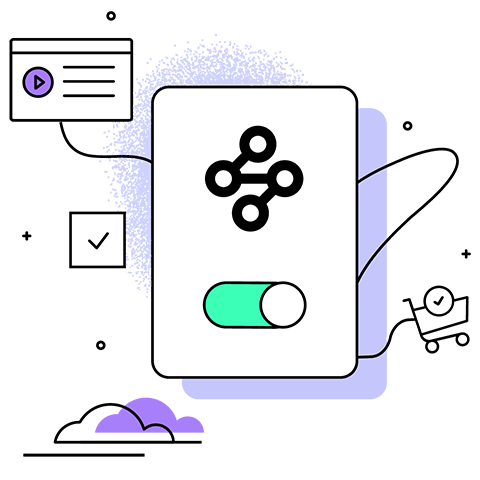
Belarus VPNs and Tor network are now illegal after 2015. Using one of them can be very dangerous at the moment due to the current political situation in Belarus. Iraq VPNs are not legal and users can face penalties in case of being caught.
Is VPN illegal in India? Although VPNs are legal in India, the government has made data collection mandatory. Choose a VPN that is encrypted and has a strict no logs policy. It also has a kill switch and leak protection. This will ensure maximum safety and protection.
Is VPN illegal in Europe?
There are no laws currently restricting or preventing the use of VPNs in the US and Canada. It is also legal to use VPNs in any country around the globe, including Australia as well as the UK, Europe and Belarus.
Can my IP address be traced if I use a VPN?
No, your internet traffic and IP will no longer be tracked. It is possible to be tracked if you use an unreliable VPN.
Which countries VPN is illegal?
10 countries have banned VPNs: China, Russia, Belarus, North Korea, Turkmenistan, Uganda, Iraq, Turkey, UAE and Oman.
Is it illegal to use a VPN from another country?
If you’re not doing anything illegal and you’re not doing anything illegal, using a VPN in the US is perfectly legal. However, if you are using a VPN in a country that is not legal, it is important to download one of the top VPNs in terms of privacy.
Can you go to jail for using VPN?
Some countries place restrictions on VPN use more than other countries. You could be sent to jail for illegally using a VPN, or you could face no penalty at all. However, it is not a good idea to break the law, even if you think it is unethical.
Is changing your location with a VPN illegal?
Remember that any illegal activity carried out by using a VPN is illegal in any country. Using a VPN to access geo-restricted content on any streaming platform may be considered a violation of the terms.
Is VPN illegal?
Yes, in the US it is legal to use VPN. It is legal to use the virtual privacy network to protect your internet activities. And even if there are some big websites like Netflix or Hulu that try to block a VPN connection, it is completely legal to use it.
Is it legal to use VPN in Australia?
Is it legal to use VPNs in Australia? VPN in Australia VPNs are legal in Australia. It is legal to use VPN in Australia. However, unlike many well-meaning software, the VPN you are able to use is not legal. It has nothing to do with Australia with the legality of using it.
What countries is VPN illegal?
Ten countries have banned VPNs: China (Russia, Belarus, North Korea), Turkmenistan; Uganda, Iraq, Turkey and the UAE.
- China. Legal status: Highly regulated. …
- Russia. Legal status: Complete ban. …
- Belarus. Legal status: Complete ban…
- Turkmenistan. Legal status: Complete ban…
- Uganda. …
- Iraq. …
- Turkey. …
- UAE.
Can government stop VPN?
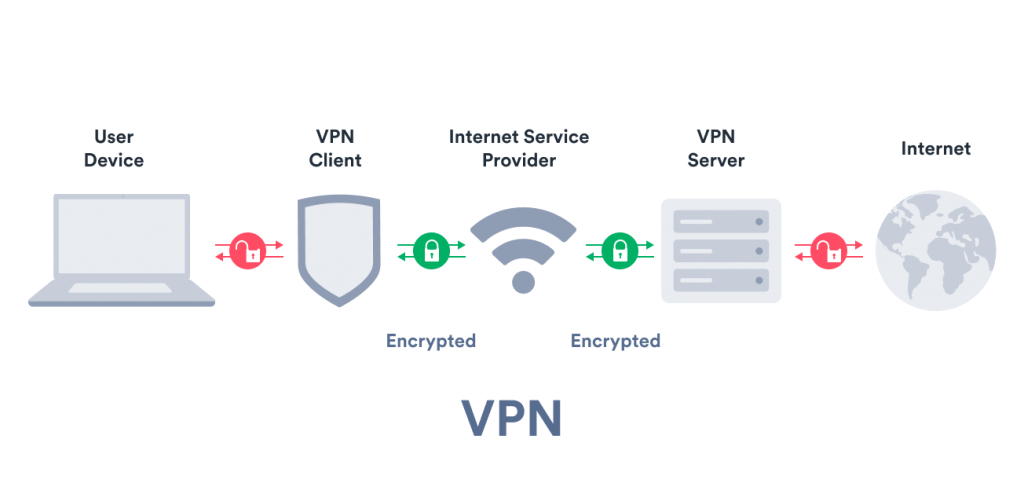
That said, there are no laws that explicitly prohibit the use of VPNs. Many still work in case you choose the right providers to go with.
A VPN could allow the government to monitor you. ISPs can see your online activities and block your internet traffic. However, a VPN hides your IP address and encrypts your online traffic, protecting your online privacy. Other similar entities and government agencies. They can contact ISPs or online service providers to get data about you or just use their own tracking methods.
Why is the government banning VPN?
Individual users often use VPNs to access banned websites such as torrents and others. The government seems to remove anonymity and monitor online activities, especially the illegal ones. Experts disagree with the order on VPNs that are designed to limit freedom on the Internet.
Does VPN make you untraceable?
Your online activities will be difficult to track if you use an authentic VPN service. However, this does not mean that a VPN user is completely untraceable online. Internet Service Providers (ISPs) websites, and even government agencies can determine whether or not you are using a VPN. VPN.
Why are VPNs not allowed?
Yes, in the US it is legal to use a VPN. It is legal to use the virtual privacy network to protect your internet activity. Although major websites like Netflix and Hulu try to block VPN connections, it is legal to use them.
Sources :
